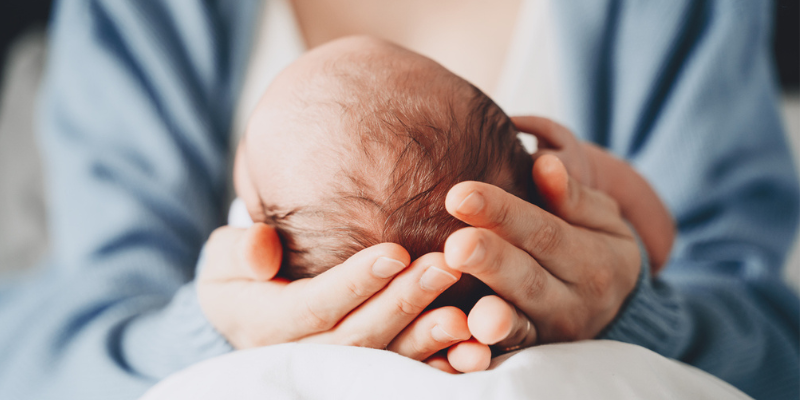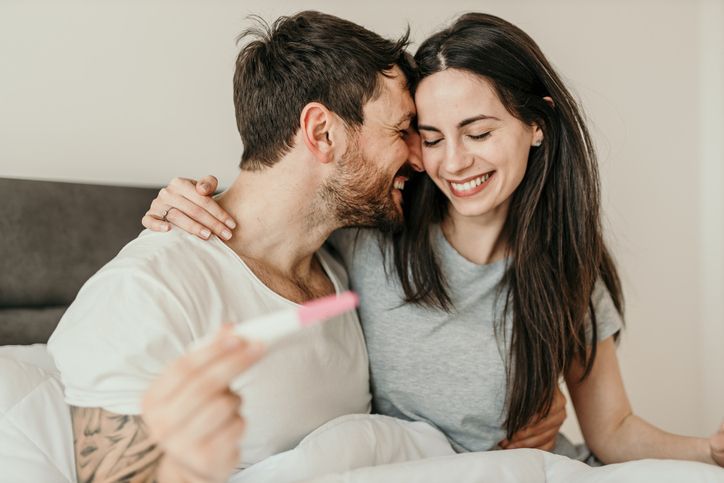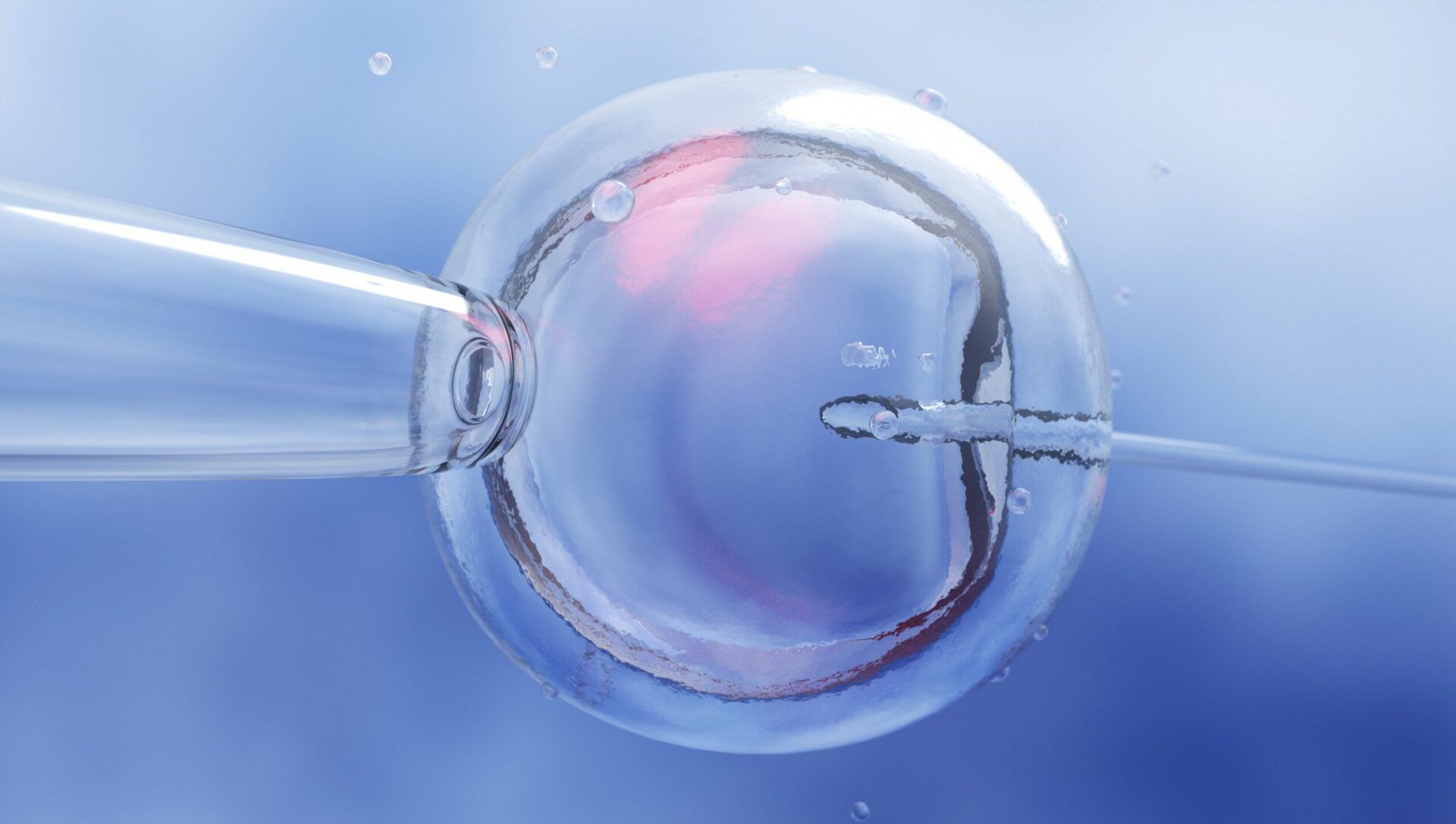When should you freeze your eggs? | Egg freezing explained
If you've considered freezing your eggs, this blog from Dr Charley Zheng; Obstetrician, Gynaecologist & Fertility Specialist at Adora Fertility's Sydney Clinic may help you to decide when the time is right.

If you've considered freezing your eggs, this blog from Dr Charley Zheng; Obstetrician, Gynaecologist & Fertility Specialist at Adora Fertility's Sydney Clinic may help you to decide when the time is right.
When should you freeze your eggs?
If you know one day you’d like to have a baby but are not ready yet, you may be thinking about freezing your eggs.
Egg freezing is where a woman’s unfertilised eggs are safely stored so she can try to conceive later, when natural conception may be more challenging.
It is best to consider freezing eggs earlier in life, as the quality of the eggs are better. However, it is also worthwhile to balance this against the possibility of finding your other half and thus never needing to use the frozen eggs. Regardless, frozen eggs can be treated like an insurance policy so that you can make the right choices, at the right time, when it is right for you.
Why freeze your eggs?
There are several reasons why women choose to freeze their eggs.
Some women want to freeze their eggs while they are younger to support them to become pregnant later when their fertility has likely declined.
Some women who want a large family may also consider freezing their eggs. Eggs can’t be frozen when you are pregnant or breastfeeding, so every pregnancy takes away at least 9-24 months of your reproductive life.
Other women may have medical conditions that are likely to make falling pregnant challenging (in the immediate future) or are undergoing urgent medical treatments like chemotherapy that may affect their fertility.
Women with gynaecological problems such as endometriosis should consider speaking to their doctors about egg freezing before undergoing any related medical procedures. Endometriosis alone can cause a moderately quicker decline in reproductive potential as it destroys the remaining eggs as each month passes. Some women may have surgery for endometriosis, owing to pain, while unaware that they could lose many eggs from the operation. Freezing eggs before such a procedure may reduce the subsequent risk of infertility.

What is egg freezing?
Egg freezing, also called mature oocyte cryopreservation, is the process whereby eggs are harvested from your ovaries and are frozen and stored so you can to try to become pregnant at a later date using these frozen eggs.
The eggs are frozen unfertilised and, when you are ready to use them, are thawed and combined with sperm and implanted in your uterus using in vitro fertilization (IVF/ICSI) methods.
Eggs can be frozen for many years (perhaps, in theory, thousands of years) without impacting their quality. How long they can be stored varies depending on individual legislation in each state or territory.
The process is reasonably simple and involves a fertility assessment, medication to stimulate the ovaries to grow and mature the eggs and then a minor procedure is performed to retrieve the eggs from inside your body. The rest is done in the lab where mature eggs are identified and cryopreserved.
What is the best time to freeze your eggs?
There is no perfect age at which to freeze your eggs. There are pros and cons to freezing your eggs considering your age, health and income. As one ages, two factors impact on the success rates. Firstly, the egg counts drop with time, this is an irreversible process. Secondly, the quality – more specifically the chromosomal make-up of the egg declines over time. This is why Down syndrome (a type of chromosomal problem) becomes more common as you age.
While it is better to freeze your eggs younger, there is a chance you may never end up using them. If, however, the process is left too late, the eggs are often not good enough quality to be useful. It is also important to note that more eggs are lost during thawing as the woman ages.

Freezing eggs in your 20s
The age of a woman’s eggs is one of the largest determiners of her fertility, so it stands to reason that egg collection from younger women is likely to result in more, higher quality, or genetically normal, eggs. This could also reduce the number of rounds of egg retrieval treatment needed.
A woman’s motivation for freezing her eggs will determine whether it’s sensible to pursue egg freezing in her 20s. There is the cost for the treatment, drugs to stimulate egg production, egg retrieval and yearly egg storage costs to consider. Women in their 20s have more time to meet a partner, meaning they may not require this level of intervention and investment at a younger age.
That said, many women know for certain that they do not want children until they are much older, often based on career aspirations or a desire to achieve certain milestones before starting a family. In this case, freezing in their 20’s will give them the best chance of healthy eggs for their future. Some younger women may also want to freeze their eggs in their 20s if they know they have a gynecological or medical condition that affects their fertility.
Freezing eggs in your early 30s
Women who look to freeze their eggs in their early 30s are considered to be in the optimum zone for egg freezing, with egg quality still likely to be good and the number of eggs that can be retrieved per cycle likely to still be high.
Women in this age bracket may have a better idea about when they want to become pregnant, meaning they may not want to invest in egg freezing if they are planning a family soon. On the other hand, if they haven’t met the right partner, or if they have experienced a relationship breakdown, this is the age that many women will consider fertility preservation.

Freezing eggs in your late 30s and 40s
Both egg count and egg quality decline more rapidly once a woman reaches her mid 30’s. This means that older women will need to collect more eggs to achieve the same result and will need to undergo more egg collections to collect more eggs.
The quality of your eggs will also not likely be as good as a younger woman’s. Once you hit 40, the chances of falling pregnant naturally are low and egg retrieval at this age is likely to result in fewer and lower quality eggs each cycle.
The chances of falling pregnant even through IVF is lower after 40 than in a woman under 36.
IVF success rates in Australia from one cycle for women over 40 are 11 per cent compared to 31 per cent for women aged 35 to 39 and 43 per cent for women aged 30 to 34 per cent
What are the egg freezing success rates by age?
Egg freezing is no guarantee of a successful pregnancy and live birth, but like with natural conception, egg freezing success is heavily influenced by the age at which your eggs were frozen.
Statistics show women have a greater chance of falling pregnant after freezing their eggs in their early 30s.
The United Kingdom’s Human Fertilization and Embryology Authority found in 2016 that 18 per cent of women who used their own thawed eggs in IVF treatment had a baby, noting the most common age for egg freezing was 38.
Earlier this year, the largest report in the United States on egg freezing outcomes found 70 per cent of women who froze eggs before they were 38 and later thawed at least 20 eggs, fell pregnant and had a baby.
A separate study found that the live birth rate for women aged under 35 was significantly higher compared to those aged over 36, even though both used the same number of eggs.
What is the egg freezing age limit?
While there is no limit per se, it's important to balance the chances of success against the risks of the procedure and the cost, mental wellbeing, and time considerations.
It is widely accepted that IVF should stop by 46 years of age, which is typically the case in most major IVF clinics across the country. Alternatives, such as donor eggs – both patient or clinic recruited donors, would be options moving forwards.
So, what is the best age to freeze eggs?
The best age to freeze your eggs depends on your personal circumstances.
If illness or medical treatment are likely to affect your fertility, then sooner may be better if you want to have a family one day.
However, statistically, the best time to freeze your eggs for optimum success in falling pregnant later on is before your fertility declines more rapidly in your late 30s.
To find out more about freezing your eggs, please contact your closest Adora Fertility clinic in Sydney, Melbourne, Brisbane or Perth here. Find out more about Elective Egg Freezing at Adora Fertility.
Learn more about Dr Charley Zheng
Related Articles

The Two Week Wait
If you are trying to conceive you will be familiar with the ‘two week wait.’ This is the stretch o...

How to increase chances of pregnancy
Planning to try for a baby? Beginning your journey or expanding your family is an exciting time. A...

What is In Vitro Fertilisation - And How Does it Work?
In Vitro Fertilisation - known as IVF - was once a medical miracle. We’ve come a long way since 19...